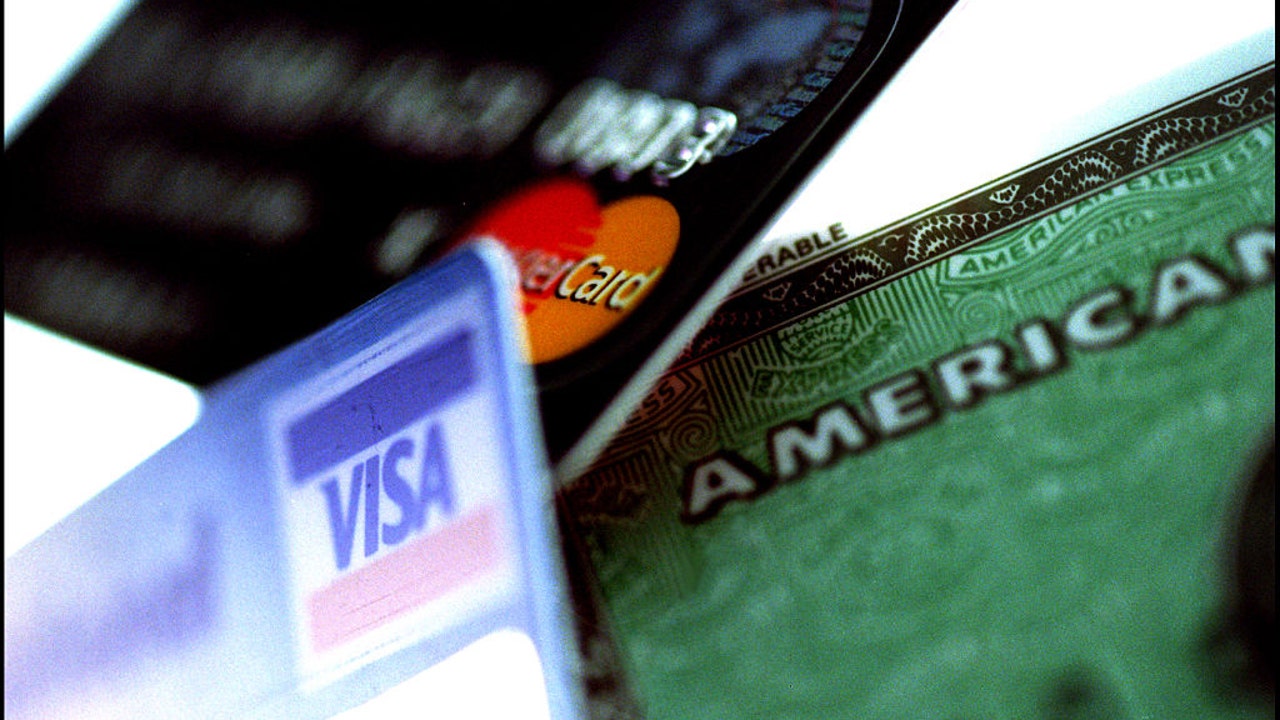 article
articleFILE-A close up of several credit cards shown in a photo. (Photo by Fairfax Media via Getty Images via Getty Images)
A paper published by Vanderbilt University finds that Americans would save about $100 billion annually in interest costs if President Donald Trump’s 2024 campaign pledge to cap credit card interest rates at 10% were instituted.
Research from the school’s paper found that banks and credit card organizations would be able to oppose, and even still be profitable, if there were to be a national cap on interest rates.
What does Vanderbilt’s research say about Trump’s credit card cap rates?
Dig deeper:
The Vanderbilt University paper determined that banks would still be able to earn a profit on most of their customers even if credit card interest rates were capped at 15%, and if the banks continued to offer rewards and bonuses like points and airport lounge access.
Additionally, if interest rates were capped at 10%, the business model gets more difficult for the banks, but they could still make money off most card customers by cutting back on some rewards.
RELATED: Paying off credit card debt in these states will take the longest, study finds
The Vanderbilt paper finds that banks, because they largely fund their rewards programs through fees paid to merchants, would not likely reduce rewards for consumers.
But consumers who would likely see the largest deduction in rewards would be those with low credit scores, because they are considered the riskiest borrowers.
Bank customers with low credit scores tend to be the ones who carry a credit card balance, instead of consumers who pay off their credit cards monthly.
How much credit card debt do Americans have?
Why you should care:
Citing data from the Federal Reserve, the Associated Press reported that Americans are carrying $1.21 trillion in credit card debt, which is $6,400 per person. And the average credit card interest rate is about 21%, which is higher than 10 years ago.
The AP noted that banks earn revenue from credit cards through the amount of money they charge merchants to process a credit card transaction and the interest and fees the banks charge consumers. This might be an annual fee on a credit card, or the monthly interest that accrues when a consumer has a credit card balance.
RELATED: Josh Hawley, Bernie Sanders propose capping credit card interest rates at 10%
Some politicians have proposed legislation like President Donald Trump’s proposed credit card cap.
FOX Business reported that Sen. Josh Hawley, R-Missouri, and Vermont Senator Bernie Sanders introduced a bill in Congress that would match Trump’s campaign proposal of capping interest rates at 10%.
And the Associated Press noted that similar legislation was proposed in the House by Rep. Alexandria Ocasio-Cortez, D-New York.
The Source: Information for this story was provided by a paper published by Vanderbilt University, FOX Business, and the Associated Press. This story was reported from Washington, D.C.
